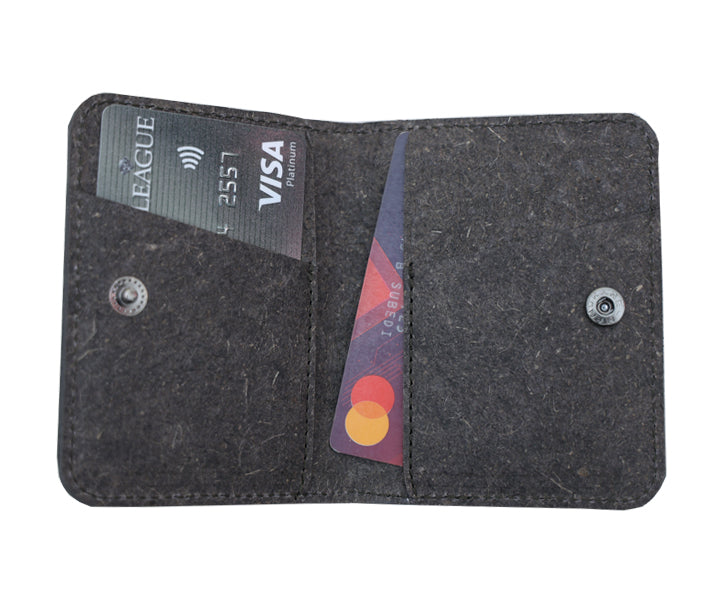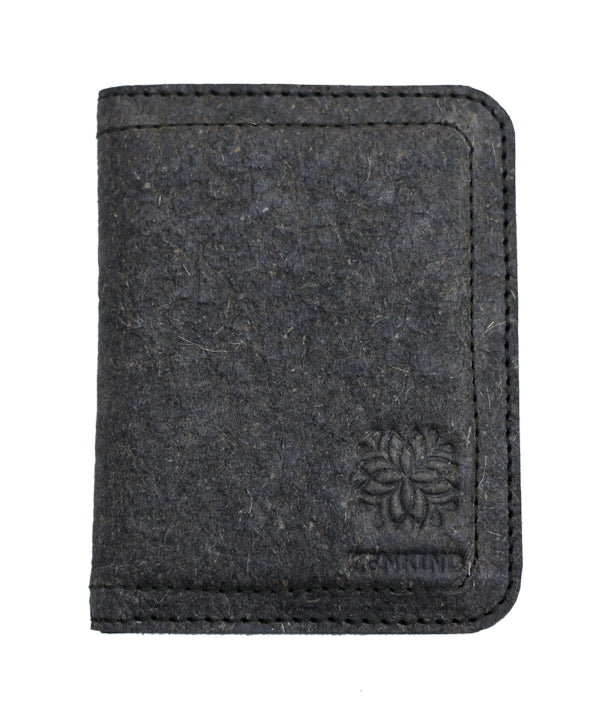Most of us are familiar with the benefits of coconut for skin, body, and health. But did you know that coconut water can serve as an alternative to leather and may even be able to protect animals? That's right!
Coconut Leather is a sustainable and versatile alternative to traditional animal-based leather which is becoming increasingly popular due to its many environmental benefits, including being biodegradable, 80% water resistant, carbon neutral, vegan-friendly, and cruelty-free.

Coconut Leather is made by harvesting the waste coconut water from small processing units in Southern India that can collect 4000 litres of water per day. Crazy, huh?
Normally this wastewater would be released into the drainage system, causing pollution of water and soil that becomes acid. This coconut water feeds the bacteria, allowing them to produce completely organic and sustainable bacterial cellulose, which is then gathered and refined to create: "Malai."Additionally, natural dyes are also added in order to give Coconut Leather an aesthetically pleasing finish.

The use of coconut leather can help solve a number of environmental and ethical problems associated with the production of traditional leather. Not only is it an environmentally friendly material, but its unique properties make it a particularly attractive choice for those looking for durable and high-quality materials like bags, footwear, furniture, and different eco-friendly fashion accessories. Additionally, it requires much less energy to produce than other leading alternatives such as synthetic materials or fabrics made from petroleum derivatives.


While investing in coconut leather may seem like a great option, there are several disadvantages that should be taken into consideration before committing to this type of investment. One of the biggest disadvantages is that it tends to cost more than conventional leather due to its scarcity and labor-intensive production process. Furthermore, it can be difficult to clean due to its porous nature as it absorbs dirt and moisture quickly.
Coconut leather is made from a by-product of the coconut industry, which means that it has the potential for large-scale production. As more demand for coconut leather increases, there may be amplified investment in research, development, and market competition to improve the efficiency of the circular economy. This could lead to innovations in processing techniques, as well as improvements in the quality and durability of the final product.
Overall, Coconut leather has the potential to be a major player in the effort to reduce the environmental harm caused by animal-derived leather. From its eco-friendly manufacturing process to its stylish versatility, there are plenty of reasons coconut leather makes waves in sustainable fashion!
If you’re ready to take your fashion game up a notch while helping save the environment, give coconut leather a try!

Tags - #CoconutLeather #Malai #SustainableFashion #VeganFriendly #CircularEconomy #Fashion #Sustainable #Biodegradable












